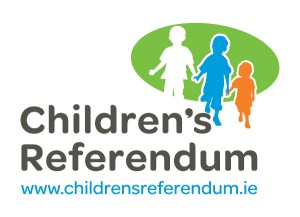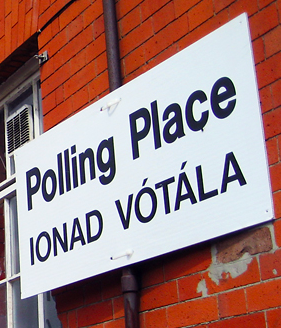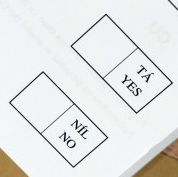Unconstitutional expenditures – VI – The judgments in McCrystal, Part 1
 Regular readers of this blog will be familiar with my series of five posts so far (I, II, III, IV, V) on the per curiam in McCrystal v The Minister for Children and Youth Affairs [2012] IESC 53 (8 November 2012) (also here), which held that the defendants’ expenditure of public moneys on a website, booklet and advertisements in relation to the children’s referendum was in breach of the prohibition in McKenna v An Taoiseach (No 2) [1995] 2 IR 10, [1995] IESC 11 (17 November 1995). In the per curiam on 8 November last, the Court announced its decision, and said that judgments would be delivered on 11 December 2012. And, indeed, they duly were – judgments were delivered by Denham CJ, Murray J, Fennelly J, and O’Donnell J; Hardiman J concurred with all four. These judgments have already been the subject of a post by Paul McMahon on Ex Tempore blog, as well as a great deal of media comment (98fm | Belfast Telegraph | Irish Examiner | Irish Independent here, here, here and here | Irish Times here, here, here, here and here | RTÉ | TV3).…
Regular readers of this blog will be familiar with my series of five posts so far (I, II, III, IV, V) on the per curiam in McCrystal v The Minister for Children and Youth Affairs [2012] IESC 53 (8 November 2012) (also here), which held that the defendants’ expenditure of public moneys on a website, booklet and advertisements in relation to the children’s referendum was in breach of the prohibition in McKenna v An Taoiseach (No 2) [1995] 2 IR 10, [1995] IESC 11 (17 November 1995). In the per curiam on 8 November last, the Court announced its decision, and said that judgments would be delivered on 11 December 2012. And, indeed, they duly were – judgments were delivered by Denham CJ, Murray J, Fennelly J, and O’Donnell J; Hardiman J concurred with all four. These judgments have already been the subject of a post by Paul McMahon on Ex Tempore blog, as well as a great deal of media comment (98fm | Belfast Telegraph | Irish Examiner | Irish Independent here, here, here and here | Irish Times here, here, here, here and here | RTÉ | TV3).…





